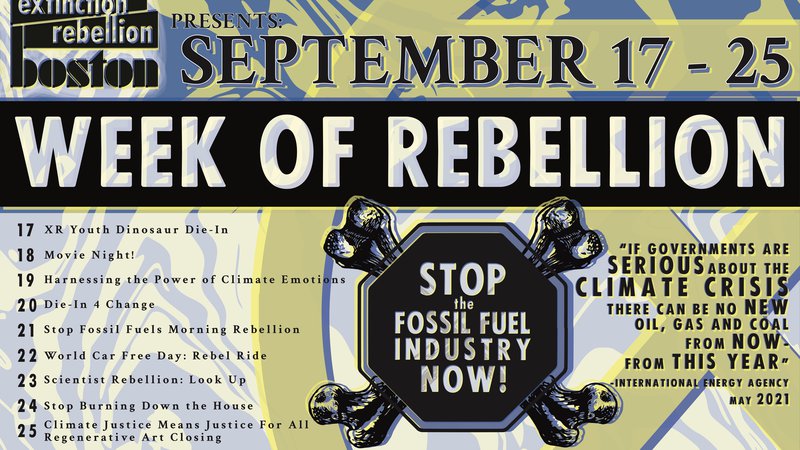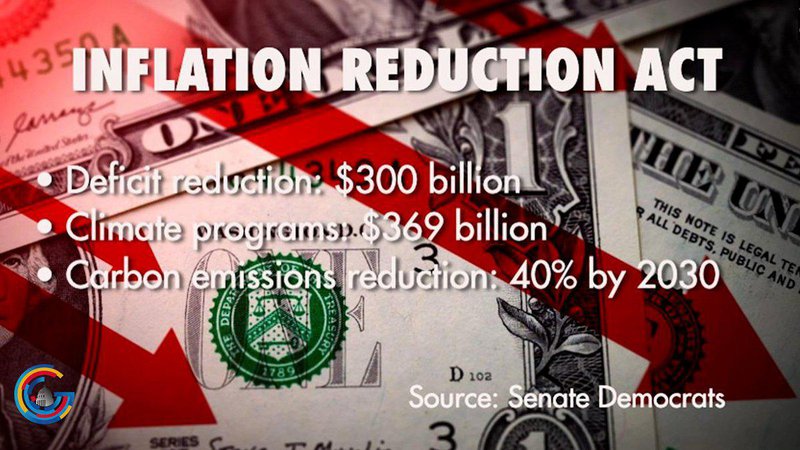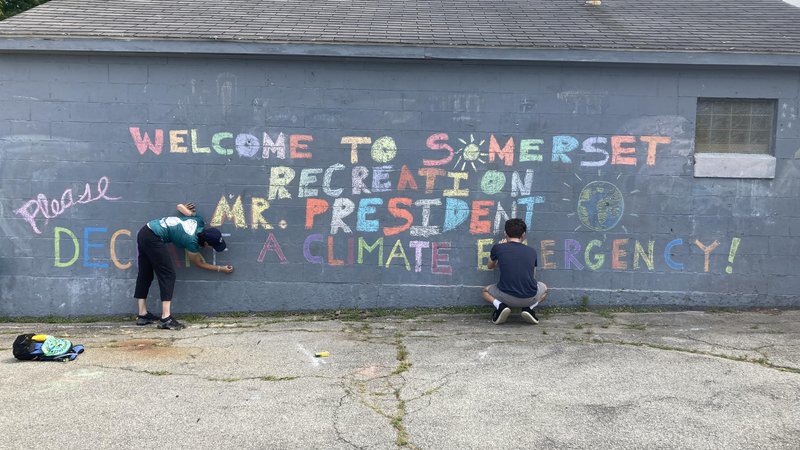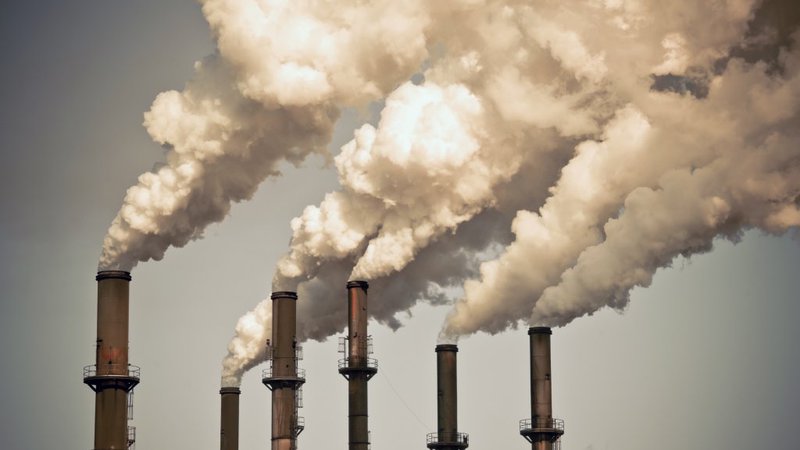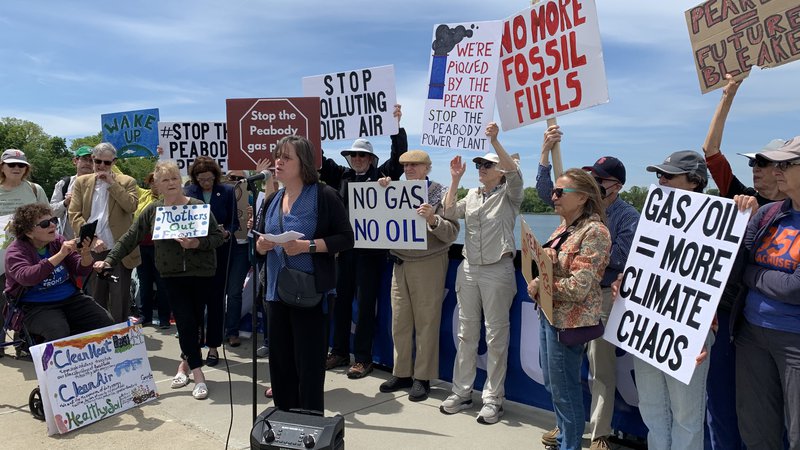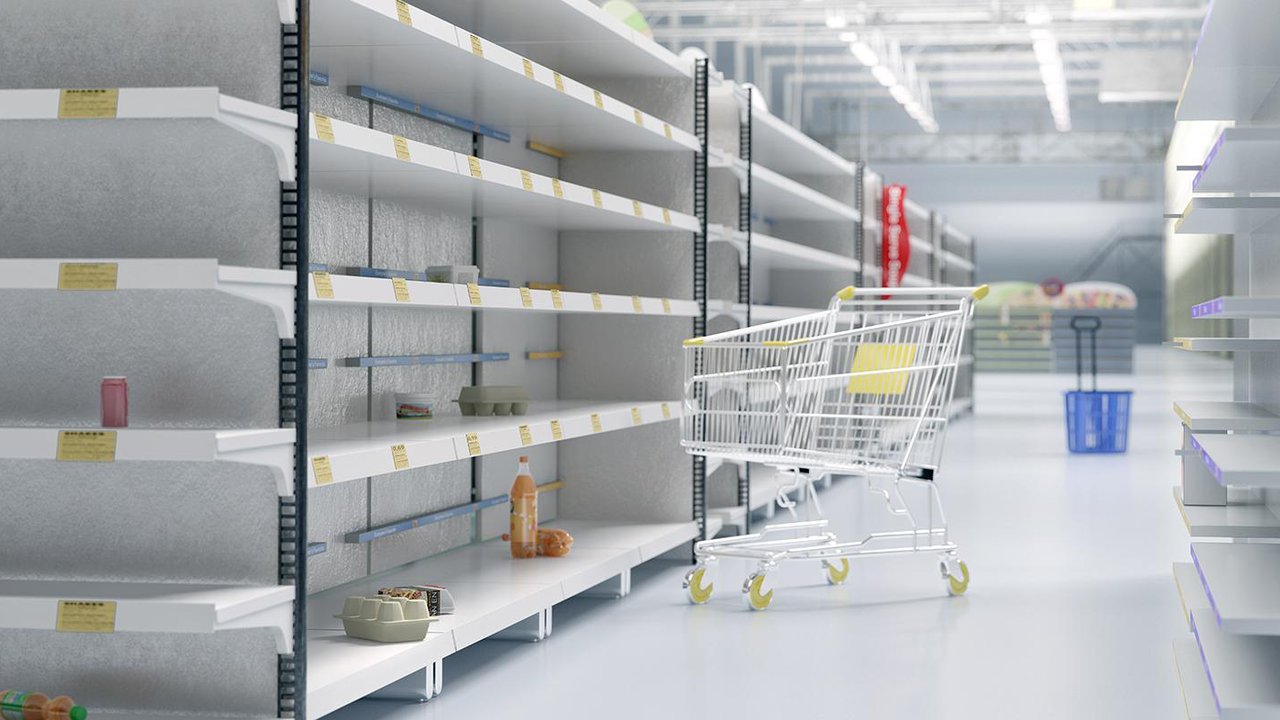
Ecological destruction and the food crisis
Human-induced global heating is causing increasingly extreme floods, droughts, and weather events that put our food supply in danger. Overuse of the land is depleting soil, creating conditions that make it impossible for crops to grow in certain areas, while toxic fertilizers, herbicides, and pesticides are poisoning the air, water, and ecosystems. These chemicals also leach into crops and ultimately our bodies.
Rapidly rising temperatures and the use of pesticides puts bees and other pollinators at risk of significant decline and possible extinction, with these insects responsible for pollinating up to 80 percent of the food supply in the states. Check out this report, Food Security and Food Production Systems, by the Intergovernment Panel on Climate Change, with more from the IPCC here.
Resilience.org, "Fraying Food Systems May be Our Next Crisis"
Experts who study what makes societies sustainable (or unsustainable) have been warning for decades that our modern food system is packed with ticking bombs. The ways we grow, process, package, and distribute food depend overwhelmingly on finite, depleting, and polluting fossil fuels. Industrial agriculture contributes to climate change, and results in soil erosion and salinization. Ammonia-based fertilizers create “dead zones” near river deltas while petrochemical pesticides and herbicides pollute air and water.
Modern agriculture also contributes to deforestation and biodiversity loss. Monocrops—huge fields of genetically uniform corn and soybeans—are especially vulnerable to pests and diseases. Long supply chains make localities increasingly dependent on distant suppliers. The system tends to exploit low-wage workers. And food is often unequally distributed and even unhealthful, contributing to poor nutrition as well as diabetes and other diseases..
If we are to avert not just this food crisis but the next one as well, deeper changes to the current system are needed. We must redesign the relationships between food producers, processors, retailers, and consumers so as to shorten supply chains and create more slack in the system. Large, centralized systems are touted as efficient, but often they are instead fragile. We need a food system that is antifragile, to use a term coined by Nassim Taleb. That requires decentralization and more localization, which would entail the buildout of many more small-to-mid-sized farms and the facilities to process, store, and sell the food grown on these farms.
Ecowatch, "Lack of Wild Bees Causes Crop Shortage, Could Lead to Food Security Issues"
Declines in both managed honeybees and wild bees raise serious concerns about global food security, the study said, because most of the world's crops rely on pollinators.
Bees and other pollinators like bats and birds underpin the global food system, but their populations are dwindling due to human activity including settlement building, pesticide use, monoculture farming and climate change. This is part of what many are calling the "insect apocalypse," a precipitous decline in insects across the globe.
Wild bees, in particular, suffer from loss of flowering habitat, toxic pesticide use, and climate change, The Guardian reported, and managed honeybees have fallen to disease. Overall, three-quarters of the world's food crops are dependent up pollinators and could falter due to lack of bees, the news report added.
According to the United Nations Food and Agriculture Organization, crop production has increasingly become dependent upon insects and other pollinators over the past 50 years by 300%, The Guardian reported. At the same time, farming has become more intensive to produce enough volume to feed a growing global population, the news report said, by flattening wildflower meadows, spraying insecticides and using monoculture crops ‒ all tactics which damage bee populations.
The pandemic disrupted global supply chains, induced panic buying and cleared supermarket shelves. It left perfectly edible produce rotting in fields, and left farmers no choice but to gas, shoot and bury their livestock because slaughter plants were shut down.
It also revealed a glaring problem: Though researchers have known for decades that climate change will roil farming and food systems, there exists no clear global strategy for building resilience and managing risks in the world's food supply, nor a coherent way to tackle the challenge of feeding a growing global population, on a warming planet where food crises are projected to intensify..
"The disruptions caused by this terrible pandemic have at least awakened the world to the fact that our food systems are far more vulnerable than many realized," said Bruce Campbell, a director with the group that crafted the blueprint. "Climate change is already compounding these problems, but the solutions we present—which seek bold transformations in everything from farming to trade, diets and government policies—offer an opportunity to pursue a much brighter future for people and our planet."
Related Stories:
Featured:
-
The third annual Week of Rebellion is full of opportunities for celebration and action!
-
Our government had the opportunity to finally turn our state into a "climate leader," and they decided yet again to prioritize profits and political posturing over the well-being of residents.
-
Prominent climate scientists and activists demand immediate climate action in the United States.
-
Stop the Fossil Fuel Industry, Now: List of events for Extinction Rebellion Boston's September week of rebellion
-
A compilation of books, movies, articles, and ways to take action to protect Black lives
-
Nadia Colburn, PhD and member of Extinction Rebellion Media team, discusses how to talk about the climate and ecological crisis with family and friends.
Upcoming Events:
-
Sat Feb 14th @ 11:30 a.m.
-
Sat Feb 14th @ 11:30 a.m.
-
Tue Feb 17th @ 6 p.m.

